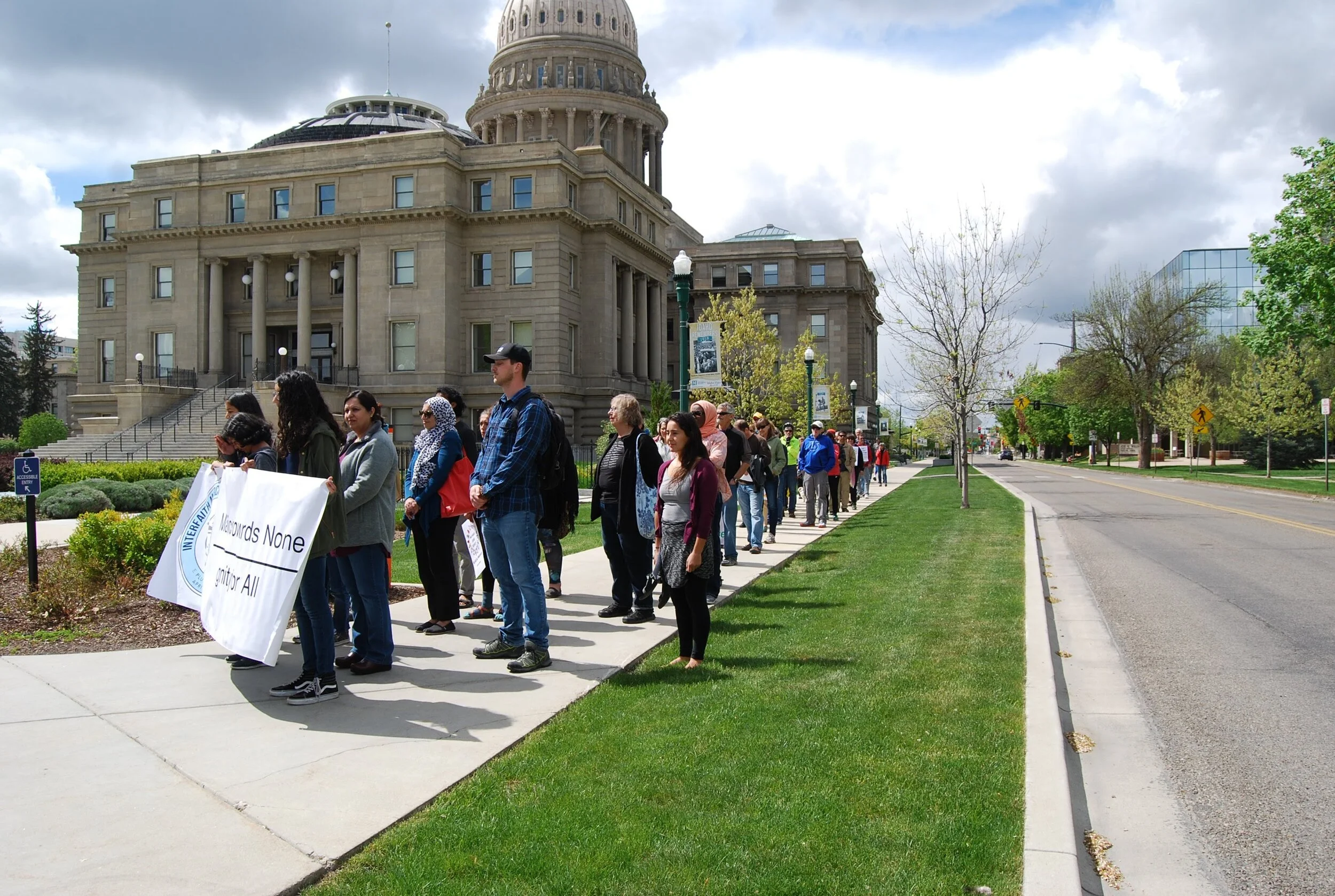Religious Freedom Part 2: Two Keys to Unleashing Peace
by Rick Love
In this, the second post in a series on religious freedom (click here for part one) I offer two practical ways to promote religious freedom and counter terrorism.
I taught a course called 'Peacemaking as God’s Mission' at Denver Seminary last month and John, one of my students from Kenya, told the chilling story of the terrorist group Al Shabaab. Al Shabaab, originally from Somalia, has begun infiltrating the mosques in Kenya, seeking to overthrow the government.
John seemed overwhelmed by Al Shabaab’s brazen, evil plans. I struggled to answer but then sensed God’s guidance and said the following:
“First, you are not responsible to figure out how to stop Al Shabaab, John. You are responsible to work for peace where God has placed you. God has given you a sphere of influence. Begin there. Encourage Christians to reach out in love to Muslims.”
Secondly, I said, “John you need to find noble, Muslim peacemakers. You should partner with them to win the hearts and minds of their fellow Muslims and turn them against Al Shabaab.”
My response highlights two keys that will help us counter terrorism and promote religious freedom:
1. Peace begins with me. What does God expect of me in my sphere of influence?
Thomas Davis had lived in Padang, Sumatra in Indonesia a number of years ago. Because of this, he was invited to speak at the Muhammadiyah University there recently, and he began his speech with an apology: “I have come from America to ask for forgiveness, because we American Christians have not loved our Muslim neighbors in America as Jesus commanded us to.” The surprised crowd sat eagerly waiting to hear more. So Thomas shared Jesus’s teaching on love and reconciliation, highlighting where followers of Jesus in America have fallen short.
He then continued with some good news: “There is a growing number of Christians in America, like those of us in Peace Catalyst International, who want to live according to the teachings of Jesus.” He explained how he does this by giving practical examples of his own peacemaking work with Muslims in Raleigh.
When Thomas finished speaking, a Muslim Professor from another university stood up and gave an impassioned challenge: “Thomas has come from America to bring a message from God. He and his co-workers are modeling for Indonesian Muslims a better way to live. Indonesian Muslims must also learn to treat Indonesian Christians with kindness and respect. We need to follow Thomas’s example of serving the minority, learning from them, and building friendships with them.”
Thomas was just trying to be faithful and tell his story. He worked for peace within his sphere of influence. The result? His story planted seeds for greater religious freedom in Indonesia.
2. Christians need to partner with Muslims to counter terrorism and promote religious freedom.
Douglas Johnston and his organization, the International Center for Faith and Diplomacy partner with Muslims to promote religious freedom and counter terrorism in Pakistan.
For the past ten years they have worked with Muslim leaders of madrasas (religious schools) to expand their curriculums beyond the Qur’an. They have engaged over 1,611 madrasas, enlarging their curriculums to include sciences and a strong emphasis on religious tolerance and human rights.
Johnston wisely notes, “Bombs typically create additional terrorists by exacerbating the cycle of revenge. Education, on the other hand, both drains the swamp of extremism and provides a better future for the children of Pakistan (and, indirectly, for our own children as well)” (Evangelical Peacemakers, edited by David Gushee, 2013. p57).
The Bible says, “seek peace and pursue it” (1 Peter 3:11). I would add, "...in your own sphere of influence and in partnership with Muslim peacemakers." These two keys will unleash peace, leading to less terrorism and more freedom of religion.











